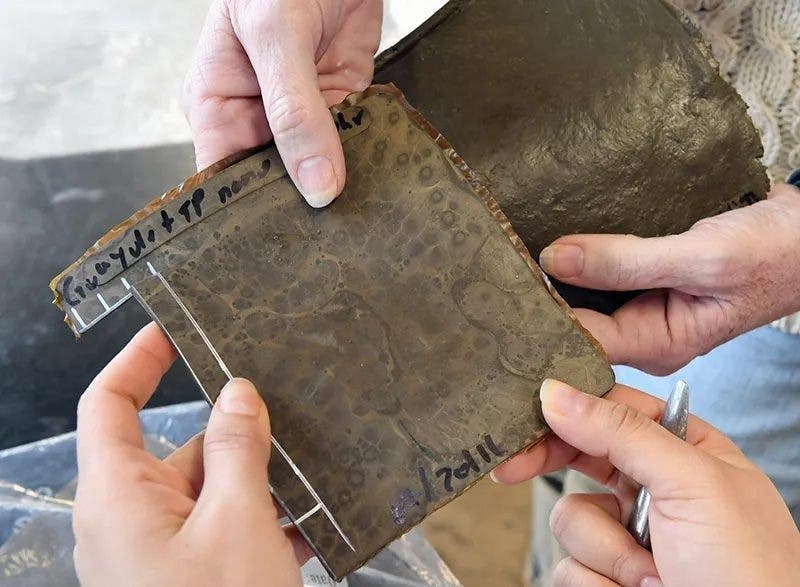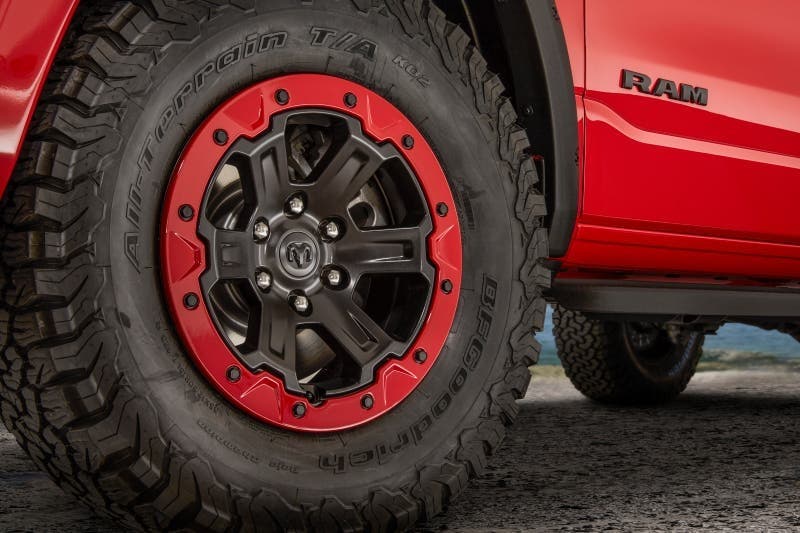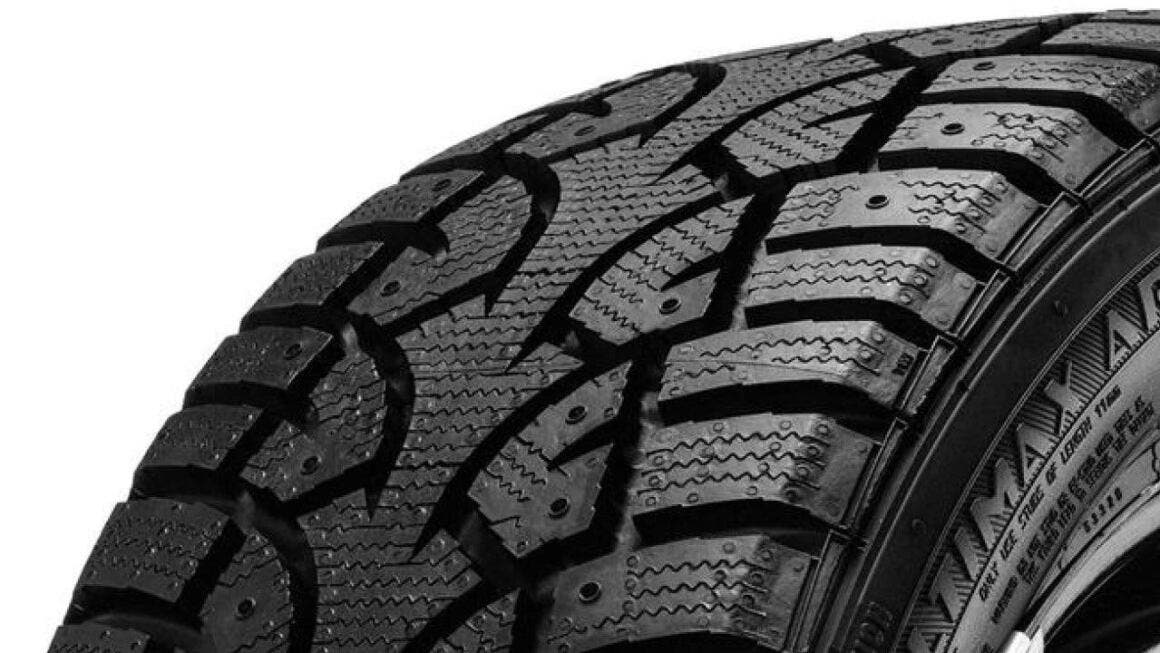Stellantis has filed a patent application for an innovative system that integrates organic waste, such as eggshells, into tire composition, aiming to reduce environmental impact. The document, published by the United States Patent and Trademark Office (USPTO) on January 23, 2025, and first filed in 2023, describes the use of eggshells as substitutes for two fundamental components of traditional tires: carbon black and silica.
Stellantis works on special “organic” tires

Tires, during their wear, release particulate matter into the air, generated by materials like carbon black and silica. According to research published in 2023, these particles represent a significant source of polluting emissions.
Stellantis therefore proposes an innovative solution: using calcium oxide (CaO) derived from eggshells as an alternative filler. Chicken eggshells are composed of more than 90% calcium carbonate (CaCO3). To obtain calcium oxide, the process involves an initial washing phase with acetone, followed by heat treatment at over 1,650 degrees Fahrenheit, which causes the decomposition of calcium carbonate, releasing carbon dioxide (CO2) and leaving a white solid (CaO) as residue. At this point, the calcium oxide is finely ground until obtaining a particle size similar to that of carbon black or silica and subsequently mixed with rubber and other elements to create a sustainable tire compound.
It’s not yet certain whether this technology will succeed commercially, especially considering that Stellantis is an automobile manufacturer and not a tire producer. The industry is already seeking more sustainable alternatives, crucial for further reducing the environmental impact of the transportation sector. With the increasing adoption of electric vehicles, exhaust emissions are progressively decreasing.

Industry giants are already working on more ecological materials. Bridgestone, for example, has developed tires for the Audi e-tron GT made with 55% recycled and renewable materials, also introducing natural rubber extracted from desert shrubs for IndyCar racing tires. Michelin also announced in 2022 a collaboration with Hyundai for the development of eco-friendly tires, while Goodyear has presented a prototype that reduces the use of petroleum-derived materials.

